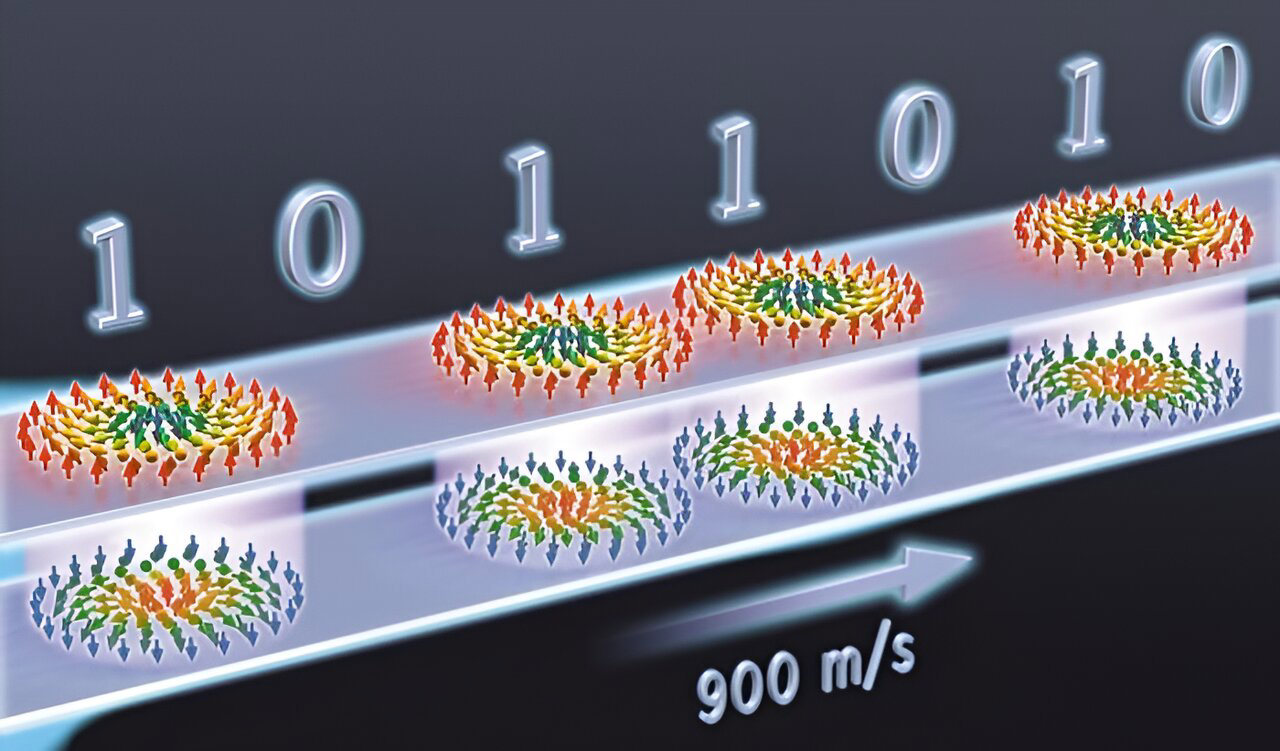The Utility of Mathematics
Originally written 14 May 1993 for the Extropians mailing list, and re-published with 2001 at the urging of a list member, with light editing by Melinda Green. Reformatted and with minor fixes December 2005.
This essay discusses the best current understanding of the relationship between mathematical and empirical knowledge. It focuses on two questions:
Mathematics is the model of a-priori knowledge in the Aristotelian tradition of rationalism. Among the Greeks, geometry was regarded as the highest form of knowledge, a potent key to the metaphysical mysteries of the Universe. This is a rather mystical belief, and the connection to mysticism and religion was made explicit in cults like the Pythagorean. No culture since has semi-deified a man for discovering a geometrical theorem!
The Greek awe of mathematical knowledge is still with us; it's behind the traditional metaphor of mathematics as "Queen of the Sciences". It's been reinforced by the spectacular successes of mathematical models in science, successes the Greeks (lacking even simple algebra) could never have foreseen. Since Isaac Newton's discovery of calculus and the inverse-square law of gravity in the late 1600s, phenomenal science and higher mathematics have been closely symbiotic -- so much so, that the existence of a predictive mathematical formalism has become the hallmark of a "hard science".
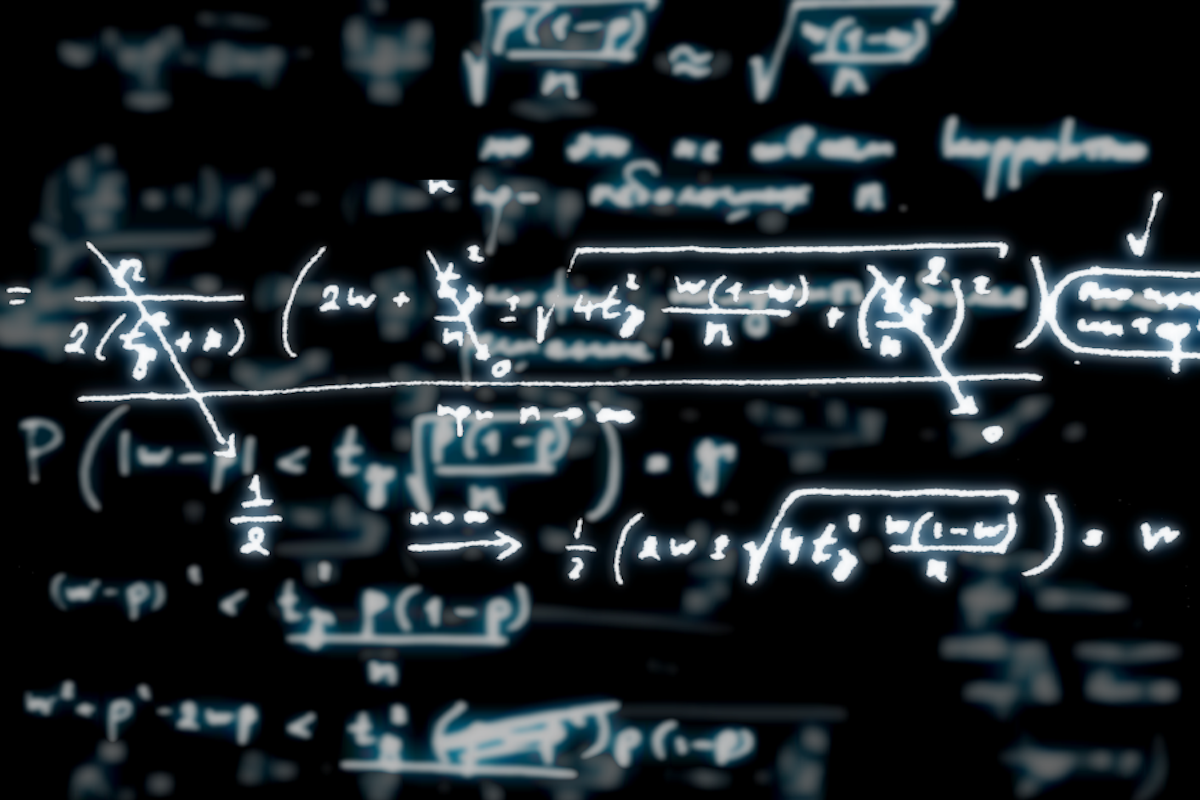
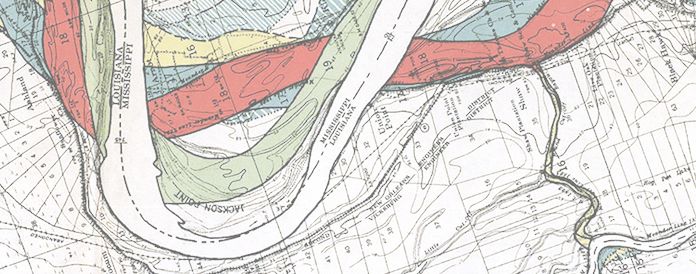
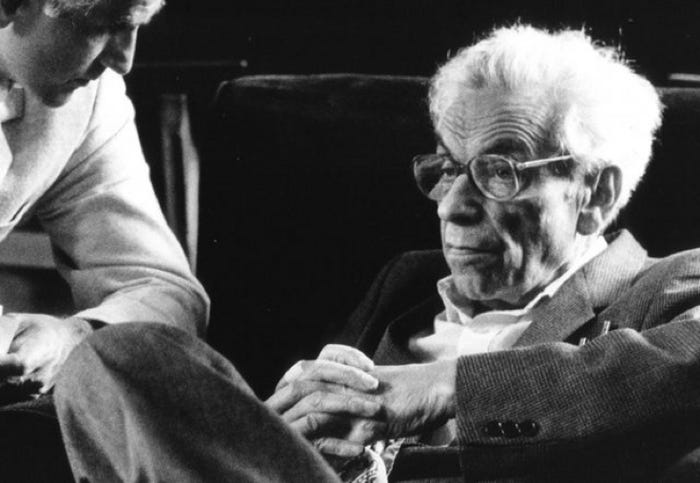

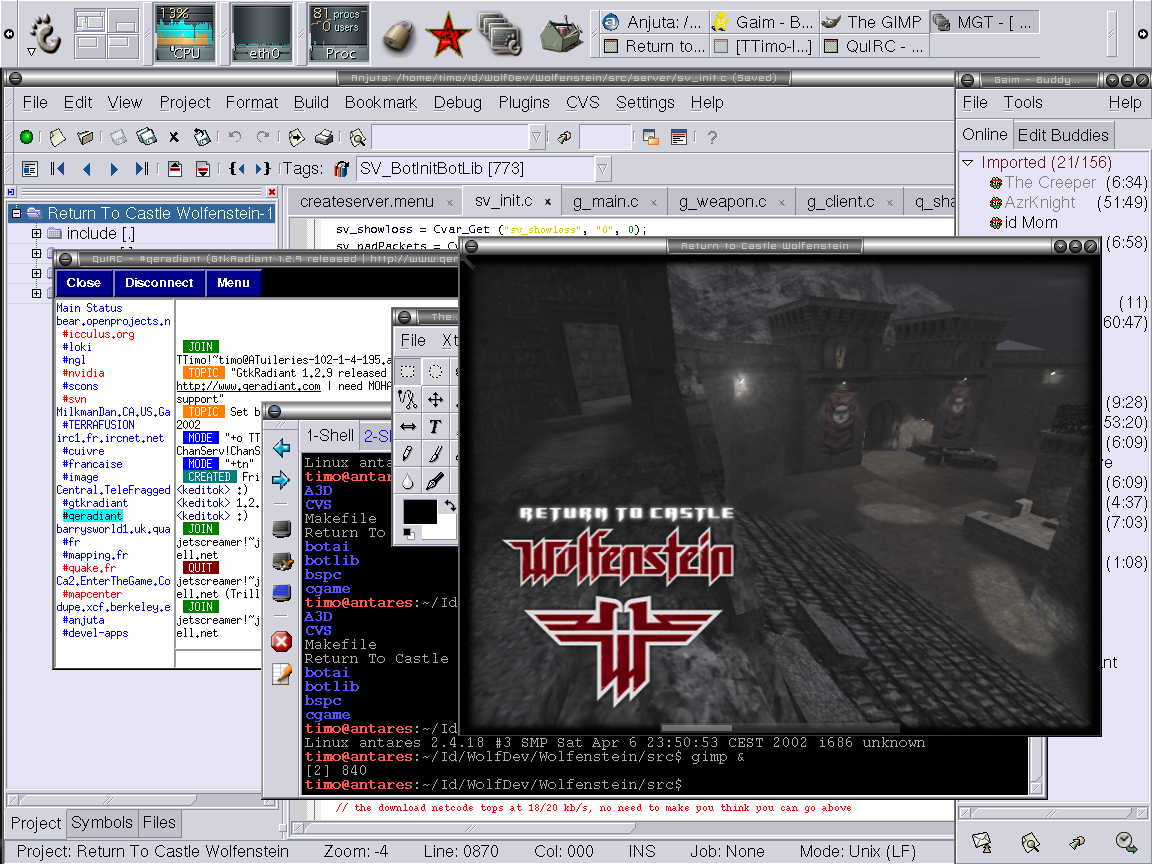








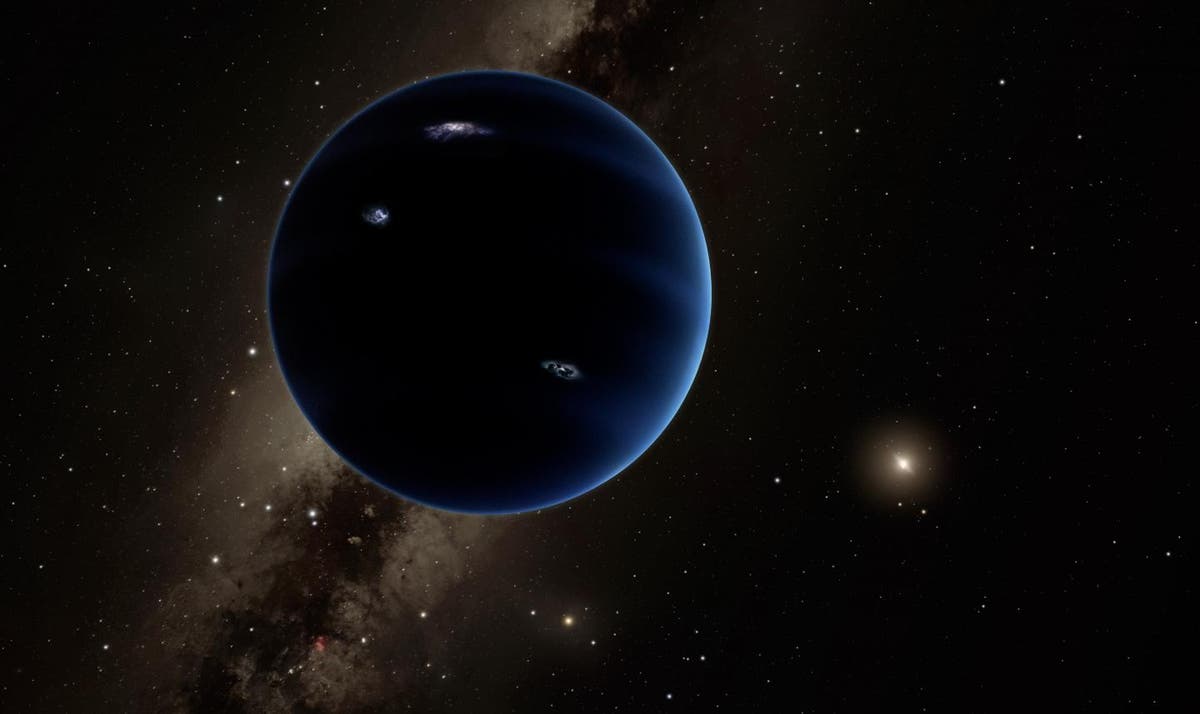


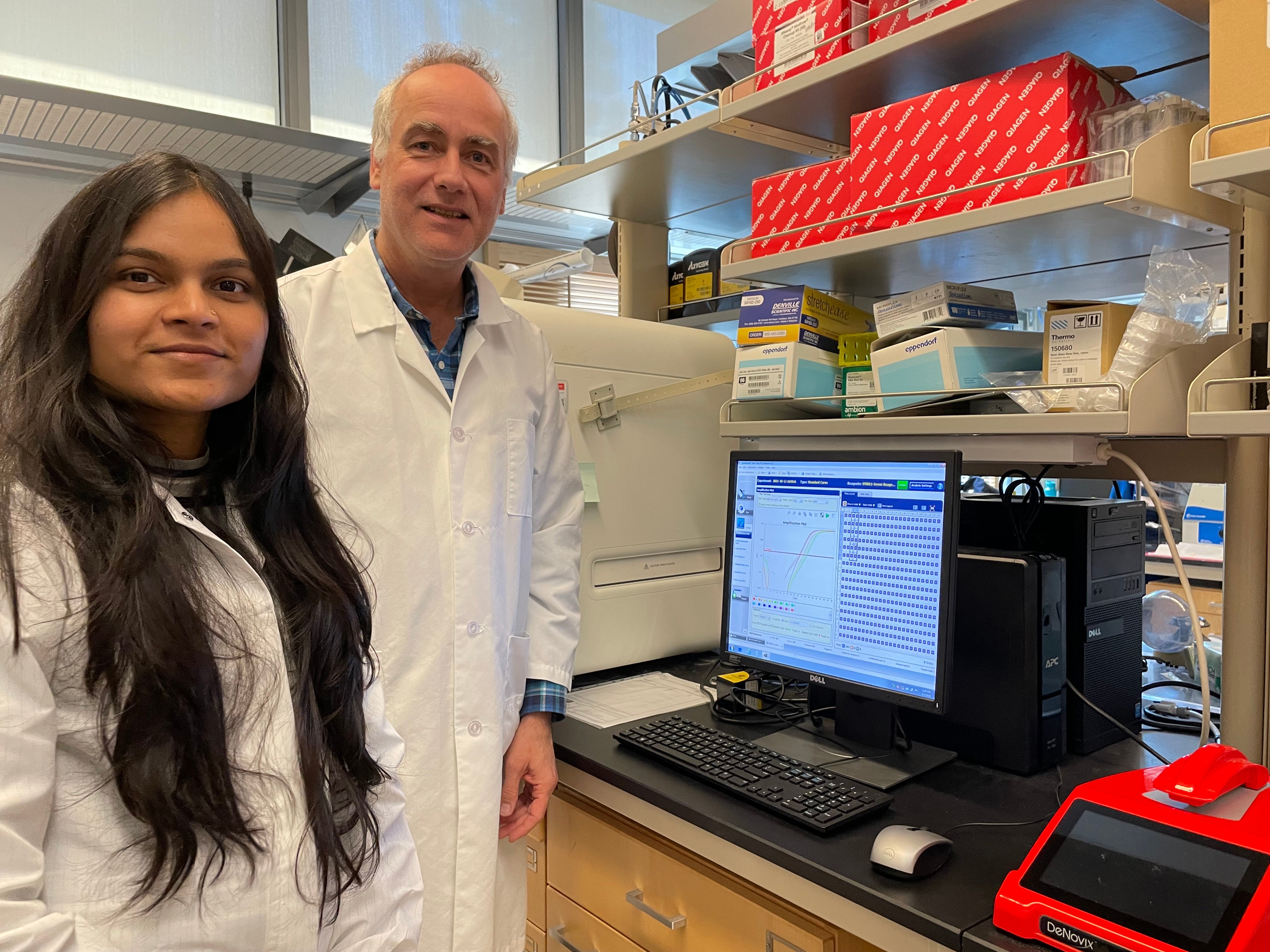

/cdn.vox-cdn.com/uploads/chorus_asset/file/25336775/STK051_TIKTOKBAN_CVirginia_D.jpg)





